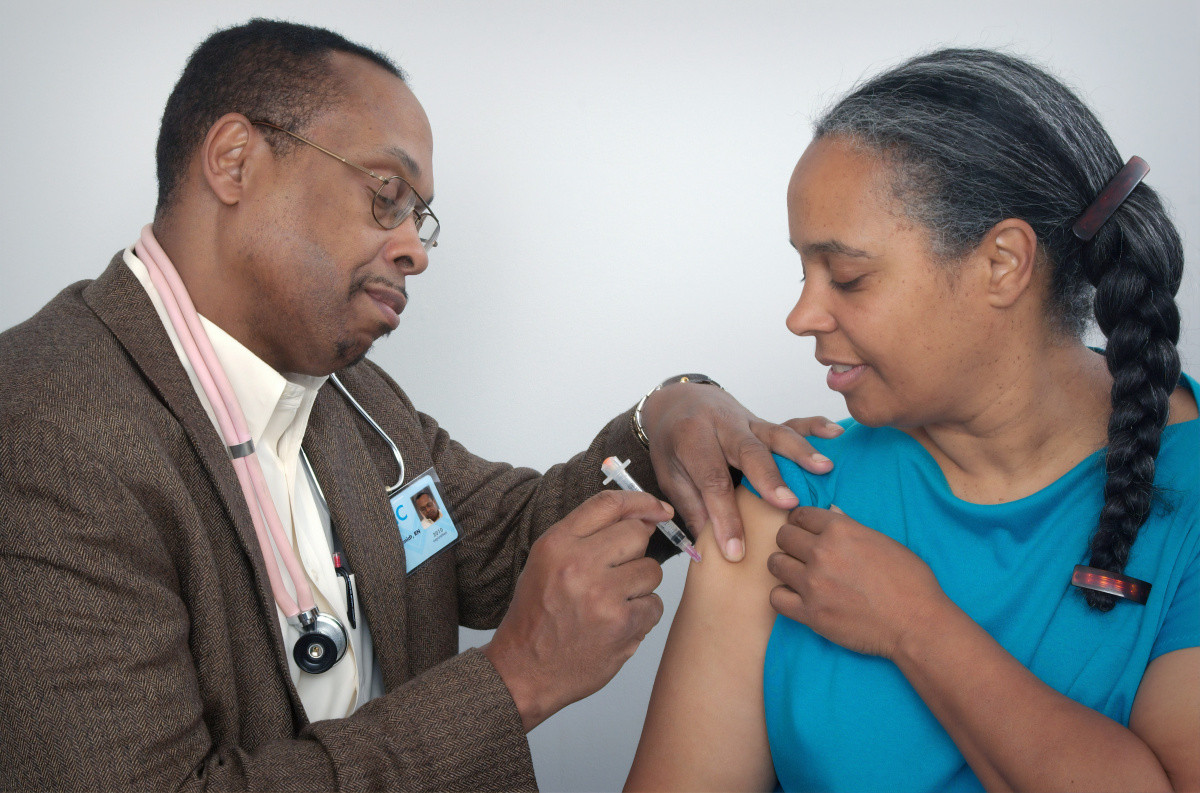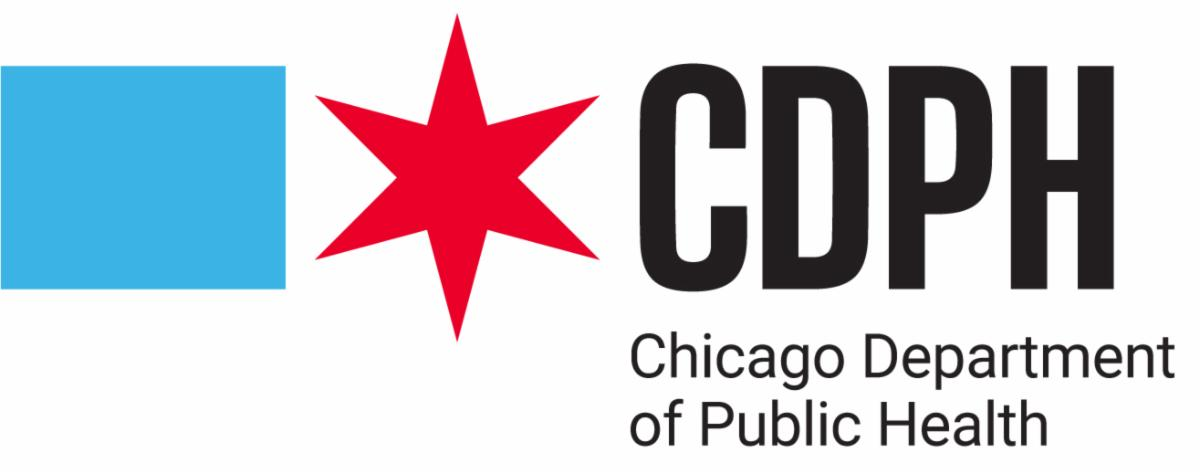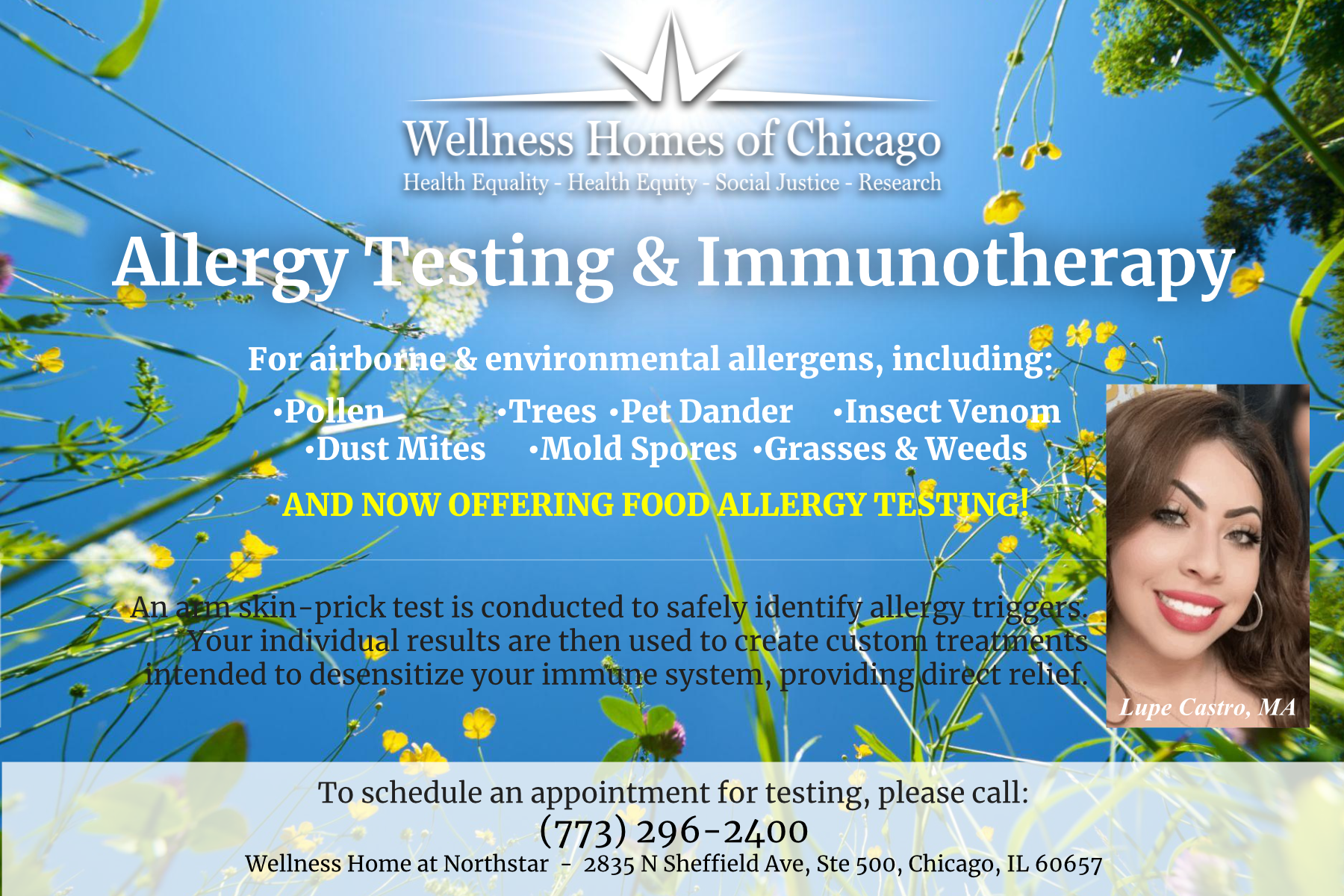FAQS
Is monkeypox a sexually transmitted infection?
Monkeypox can spread from one person to another through close physical contact, including sexual contact. It is currently not known whether monkeypox can be spread through sexual transmission routes (e.g., through semen or vaginal fluids), but direct skin-to-skin contact with lesions during sexual activities can spread the virus.
Monkeypox rashes are sometimes found on genitals and in the mouth, which is likely to contribute to transmission during sexual contact. Mouth-to-skin contact could also cause transmission where skin or mouth lesions are present.
Monkeypox rashes can resemble some sexually transmitted diseases, including herpes and syphilis.
Ask your sex partners about symptoms. See if they have had any unusual rashes and sores in the last 3 weeks.
The risk of acquiring monkeypox is not limited to people who are sexually active or gay, bisexual, or other men who have sex with men. Anyone who has close physical contact with someone who is infectious is at risk. Anyone who has symptoms that could be monkeypox should seek advice from a health worker immediately.
If I have monkeypox, should I isolate?
Yes, if you have been told by a healthcare provider that you have a monkeypox infection or suspect you may have monkeypox, you should isolate. Persons who do not require hospitalization can isolate at home. Below are a couple of protective measures you can take at home:
Do not leave your home except as required for follow-up care.
Limit contact with household members who are not ill. If you have extensive sores that can’t be covered or if you are experiencing respiratory symptoms, isolate in a room separate from other family members and pets when possible.
If you do need to be in contact with others in the home, both you and your other household members should wear a well-fitting surgical mask.
Restrict visitors to those who are essential to being in the home, especially if they have not been previously exposed.
Avoid contact with animals, including pets, when possible.
Avoid use of contact lenses to prevent inadvertent infection of the eye.
Avoid shaving areas of the body with lesions as this can lead to spread of the virus.
Household members who are not ill should limit contact with you until your lesions have resolved, the scabs have fallen off, and a fresh layer of intact skin has formed; non-household members should not visit.
After ending isolation when all scabs have fallen off, use safe sex, barrier practices (i.e., wearing condoms) for at least 8 weeks.
When can I end my isolation?
If you are isolating at home, your isolation can end when all lesions have resolved, all scabs have fallen off, and a fresh layer of intact skin has formed. This process can typically take 2–4 weeks. Due to this, the timing of isolation will vary from person to person. Individuals with monkeypox should contact their healthcare provider to determine if it is appropriate to end isolation. If you do not have a provider or health insurance, visit a public health clinic near you.
Once an individual with monkeypox ends isolation, they should avoid close contact with immunocompromised persons until all scabs have fallen off. Immunocompromised persons include persons with immunologic disorders (such as HIV or congenital immune deficiency syndrome), chronic diseases (e.g., diabetes, cancer, emphysema, or cardiac failure), or persons on immunosuppressive therapy (e.g., radiation, cytotoxic chemotherapy, anti-rejection medication, or steroids).


